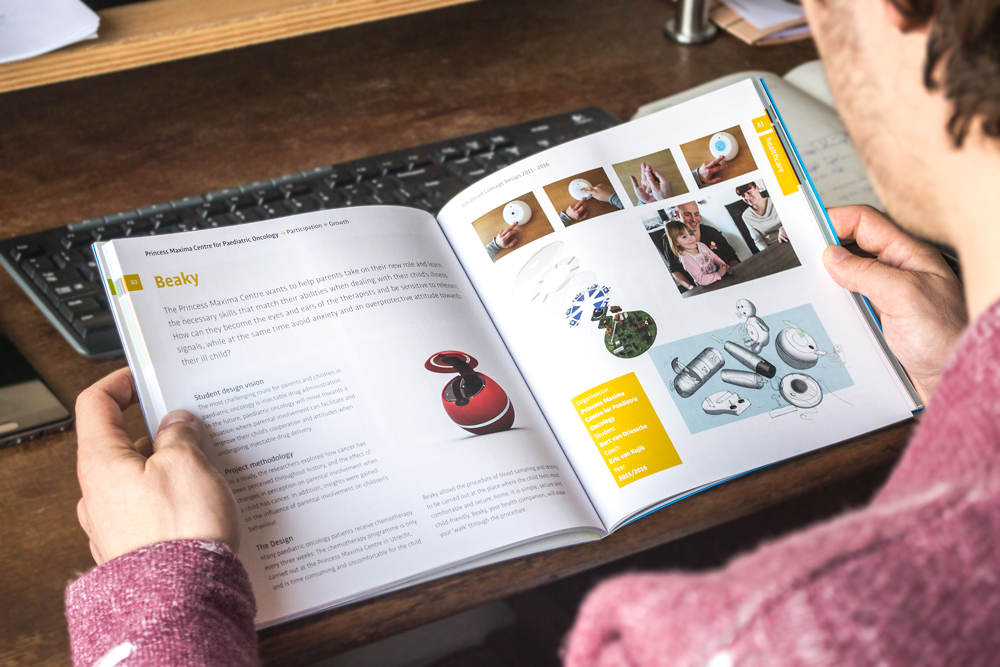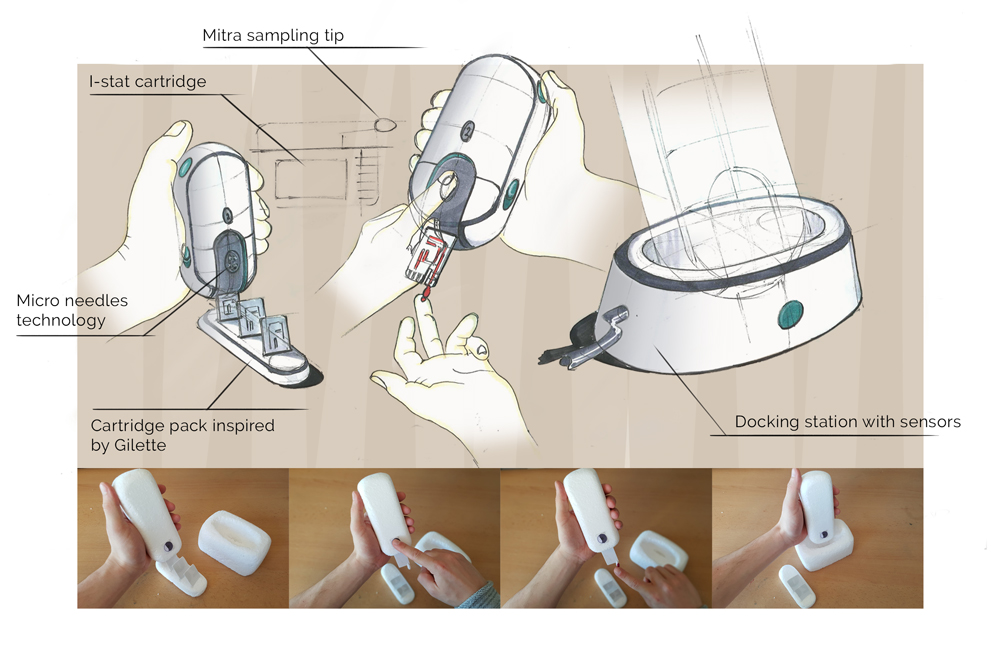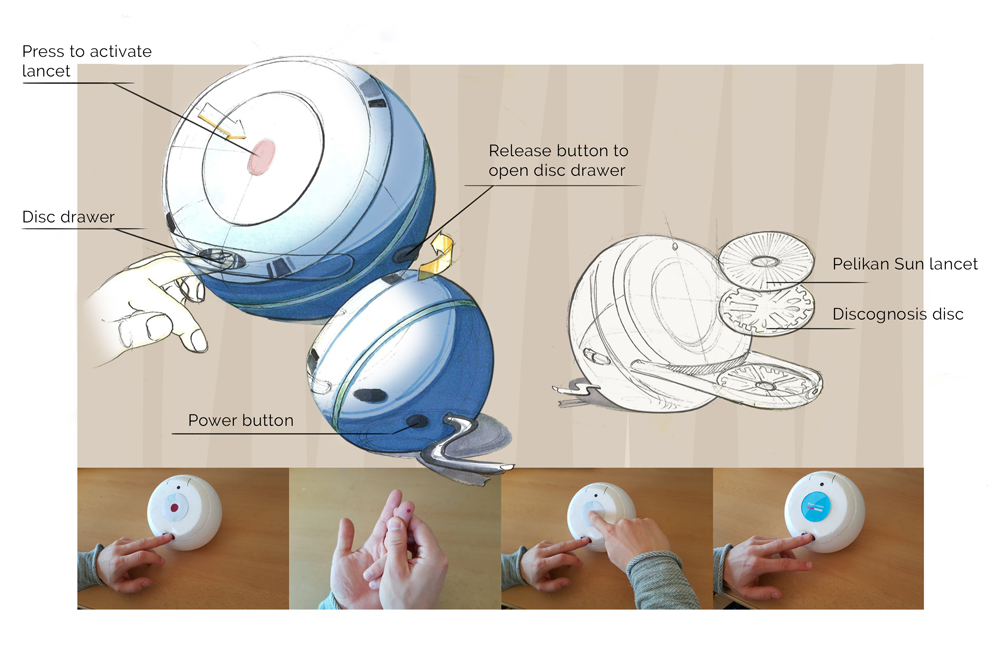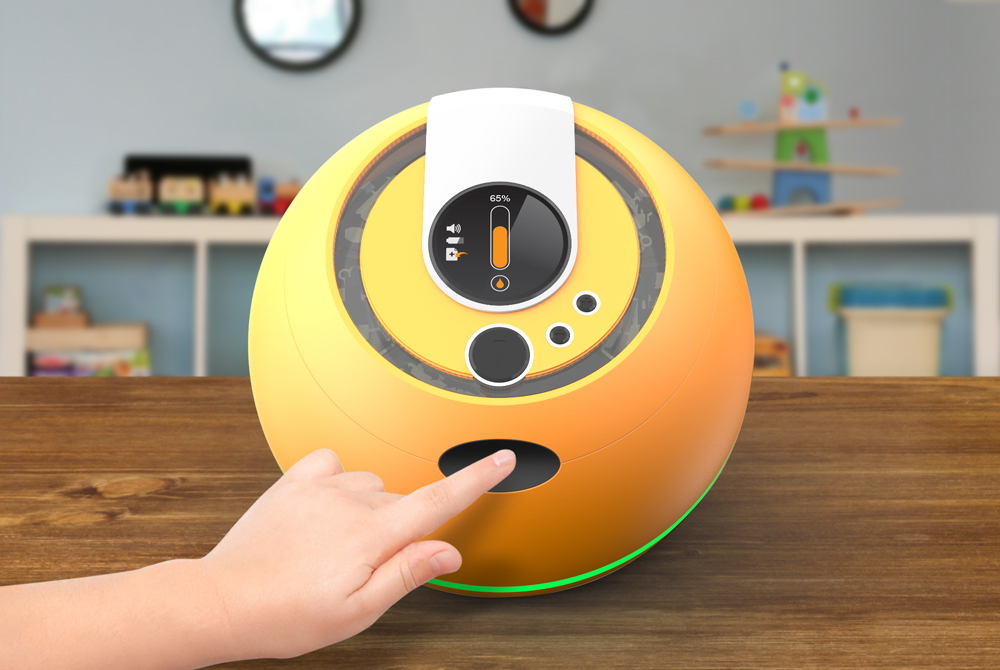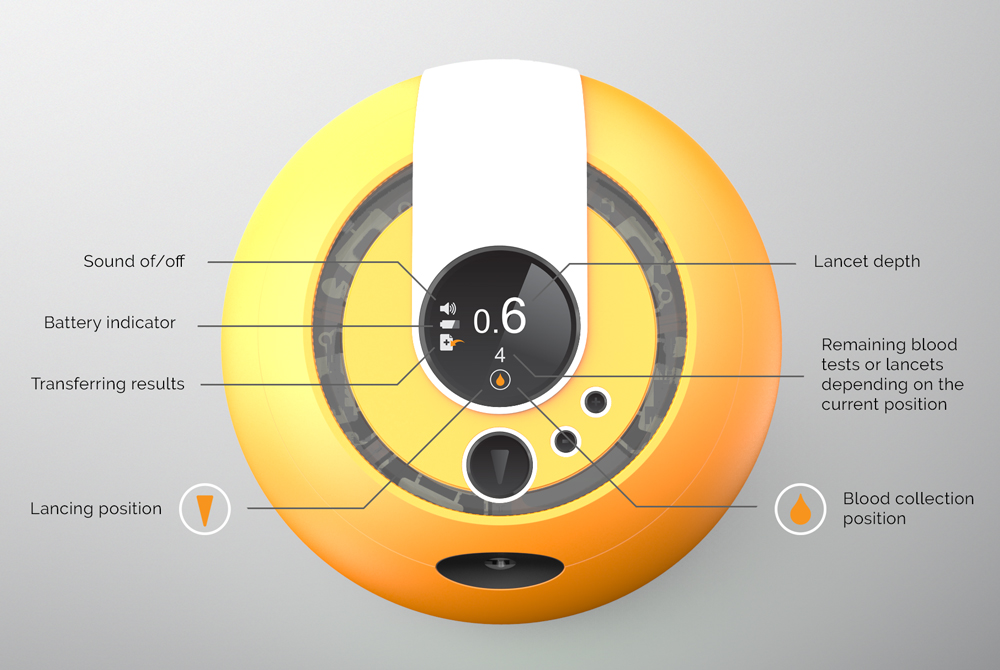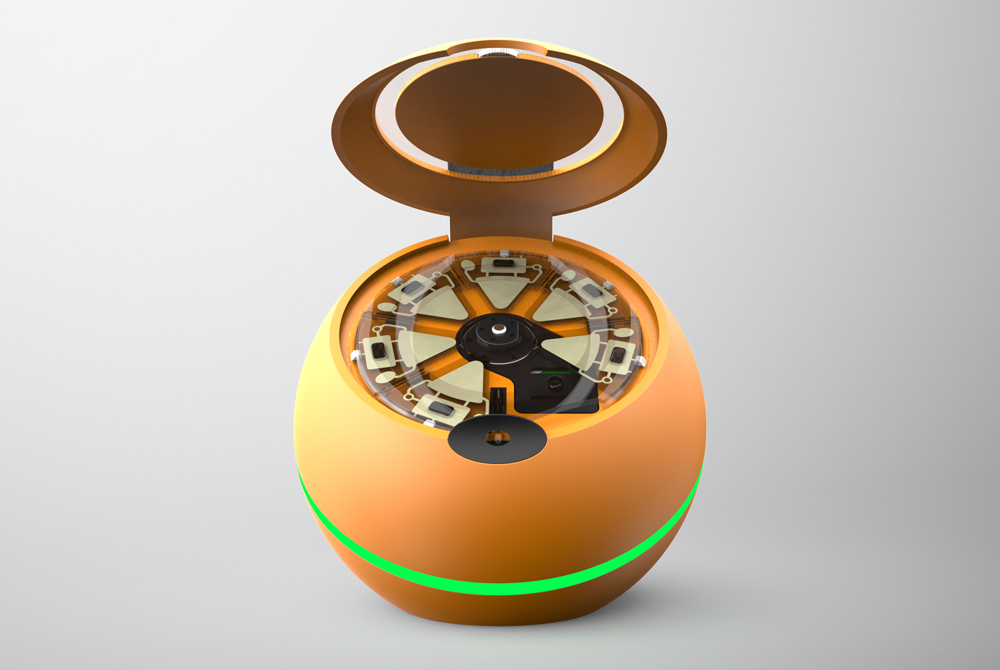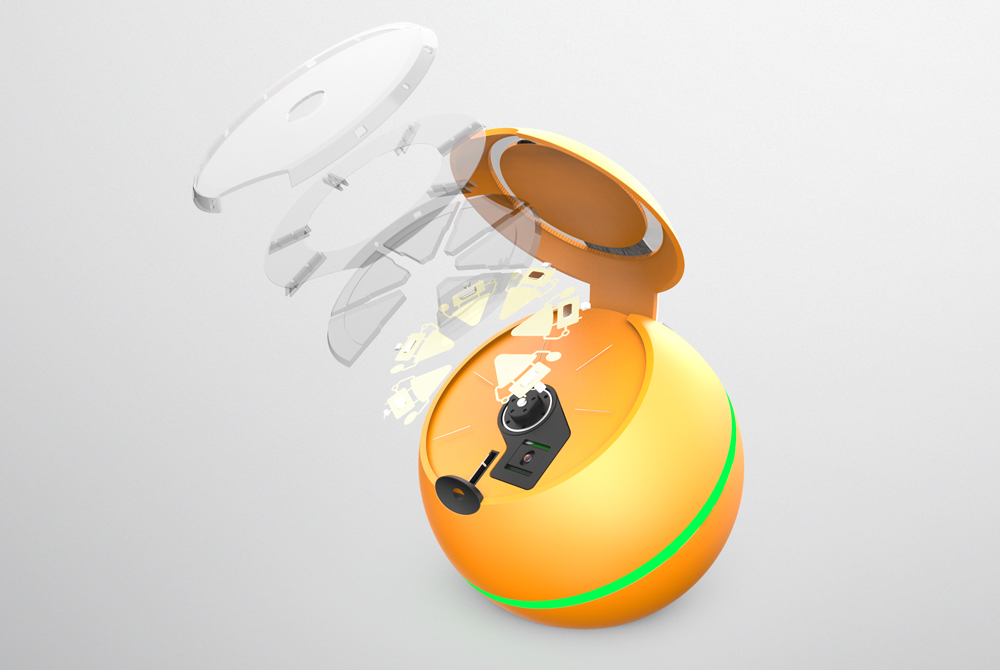Hematology analyzer
Beaky
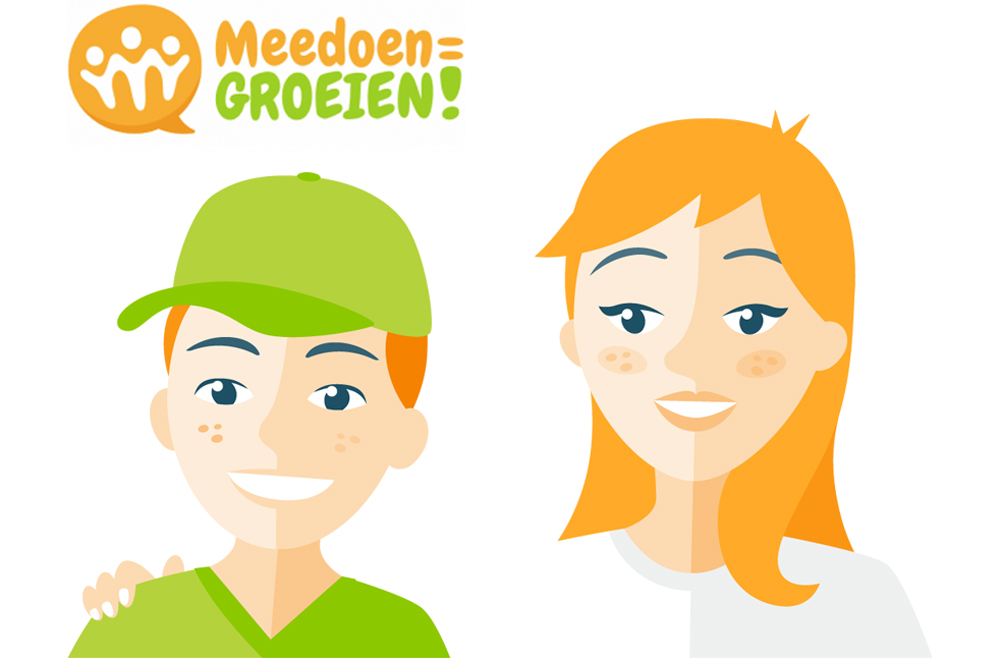
Parental involvement
This project was part of the master course Advanced Concept Design at the Delft University of Technology. ‘Meedoen = Groeien!’ (i.e. ‘participation is growth’), a collaboration between the Dutch Rehabilitation Fund, the Princess Máxima Center of Pediatric Oncology, and the Delft University of Technology, briefed me to design a product-service system that allows parents to become active members of the healthcare team within the context of pediatric oncology.
Parental involvement
This project was part of the master course Advanced Concept Design at the Delft University of Technology. ‘Meedoen = Groeien!’ (i.e. ‘participation is growth’), a collaboration between the Dutch Rehabilitation Fund, the Princess Máxima Center of Pediatric Oncology, and the Delft University of Technology, briefed me to design a product-service system that allows parents to become active members of the healthcare team within the context of pediatric oncology.

Fear of needles
The whole treatment of the child can be seen as a continuation of blood sampling, analyzing the results and taking medicines according to the results. Day in, day out. I looked at possibilities to involve parents more in the procedure of blood sampling and to make the procedure of blood sampling more convenient for the child.
“Children develop a fear of needles. Parents get tensed and see their child changing in a ‘beast’ that tries to cut himself adrift from everything. So, the child get emotionally disturbed, the parents embarrassed, and it is also very intense for the nurse that has to get through all the boundaries to do her tasks that the child doesn’t want.”
Psychologist of the Princess Máxima
Center of Pediatric Oncology
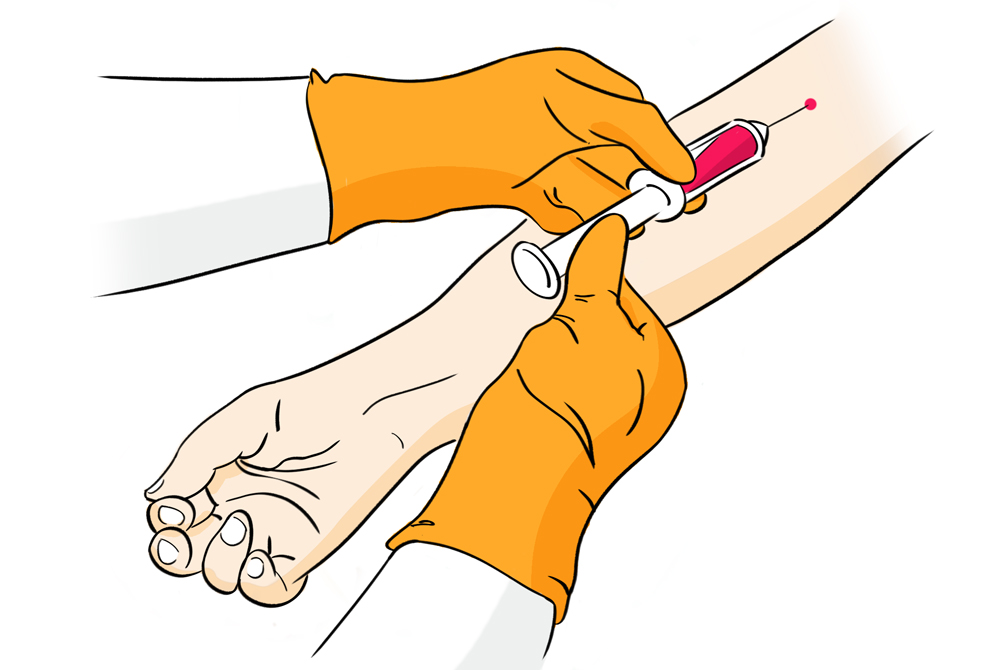
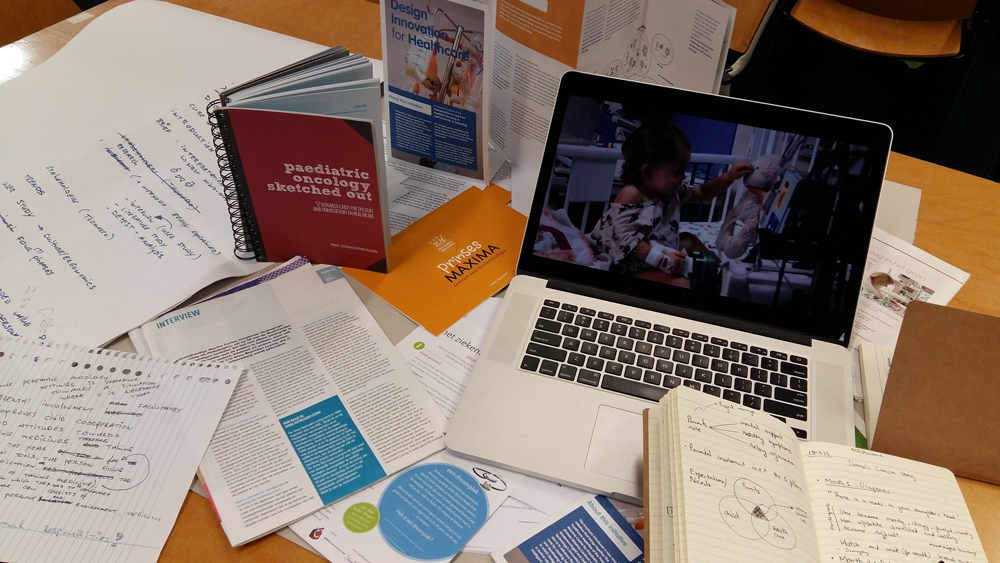
Future situation
Future pediatric oncology settings is heading towards a situation where it is necessary that parental involvement facilitates and improves child cooperation and attitudes towards clean, sterile, and child-friendly blood sample collection at home. In addition, the product needs to improve easier access to health data for health care providers.
Future situation
Future pediatric oncology settings is heading towards a situation where it is necessary that parental involvement facilitates and improves child cooperation and attitudes towards clean, sterile, and child-friendly blood sample collection at home. In addition, the product needs to improve easier access to health data for health care providers.

Provide control and the ability to help
All concepts and interactions were presented and evaluated with diabetes patients and their parents, who were considered knowledgeable due to their experience with injections. For diabetes patients and their parents it was important that the design provided control and offered the child the ability to help or even perform the necessary steps him or herself.
Partly blood analyzer,
partly lancing device
Beaky allows this whole procedure of blood sampling and testing to be carried out at the place where the child feels most comfortable and secure: home. Compared to many of today’s blood collection methods that involve numerous steps, significant training, and several supplies, Beaky integrates all these steps into a single device.
Partly blood analyzer,
partly lancing device
Beaky allows this whole procedure of blood sampling and testing to be carried out at the place where the child feels most comfortable and secure: home. Compared to many of today’s blood collection methods that involve numerous steps, significant training, and several supplies, Beaky integrates all these steps into a single device.
ACD Booklet
In the past five years, around 600 students have worked with 26 different partner organisations on 42 projects. The Advanced Concept Design course organisation (Faculty of IDE, TUDelft) has composed a booklet from the most inspiring ACD projects by students since 2011. My design, Beaky, for Princes Maxima Center of Pediatric Oncology has been selected to be featured.
